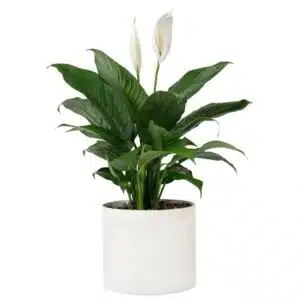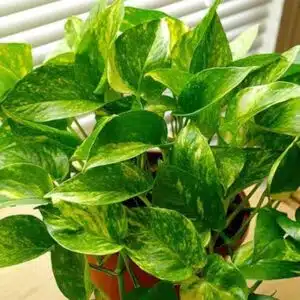Pudina” is the Hindi term for mint, specifically referring to Mentha species, which are usually cultivated for their aromatic leaves and more than a few uses. Pudina, or mint, is a member of the Mentha genus within the Lamiaceae circle of relatives, characterized by its square stems and aromatic leaves. Pudina leaves emit a strong, refreshing aroma when crushed, a hallmark feature of the plant. This aroma is as a result of the presence of essential oils such as menthol. Pudina, or mint, is a flexible herb with aromatic leaves, rapid growth, adaptability, and a large number of culinary, medicinal, and aromatic qualities, making it a valuable addition to gardens, kitchens, and herbal medicine cabinets.
Pudina, or mint, is a member of the Mentha genus within the Lamiaceae circle of relatives, characterized by its square stems and aromatic leaves. Pudina plants can grow up to 30-100 centimeters (1-3 feet) in height, depending on the specific species and growing conditions.
Aromatic Leaves: Pudina leaves emit a strong, refreshing aroma when crushed, which is a trademark feature of the plant. This aroma is as a result of the presence of essential oils such as menthol.
Adaptability: Pudina plants are adaptable to more than a few growing conditions but thrive in moist, well-drained soil and partial to full sunlight. They may be able to be grown in gardens, pots, or even indoors.
Culinary Uses: Pudina leaves are widely used in culinary applications to add flavor and aroma to dishes. They’re usually used in salads, chutneys, beverages (such as mint tea or mojitos), desserts, and savory dishes.
Medicinal Properties: Pudina has been used in traditional medicine for its more than a few health benefits. It is believed to aid digestion, alleviate nausea, relieve headaches, soothe sore throats, and have cooling properties.
Aromatic Benefits: The strong, refreshing scent of pudina leaves makes them popular to be used in aromatherapy to promote relaxation, mental clarity, and stress relief.
Pest Repellent: The aroma of mint is known to repel certain pests, making it a useful companion plant in gardens to deter insects like ants, aphids, and mosquitoes.








